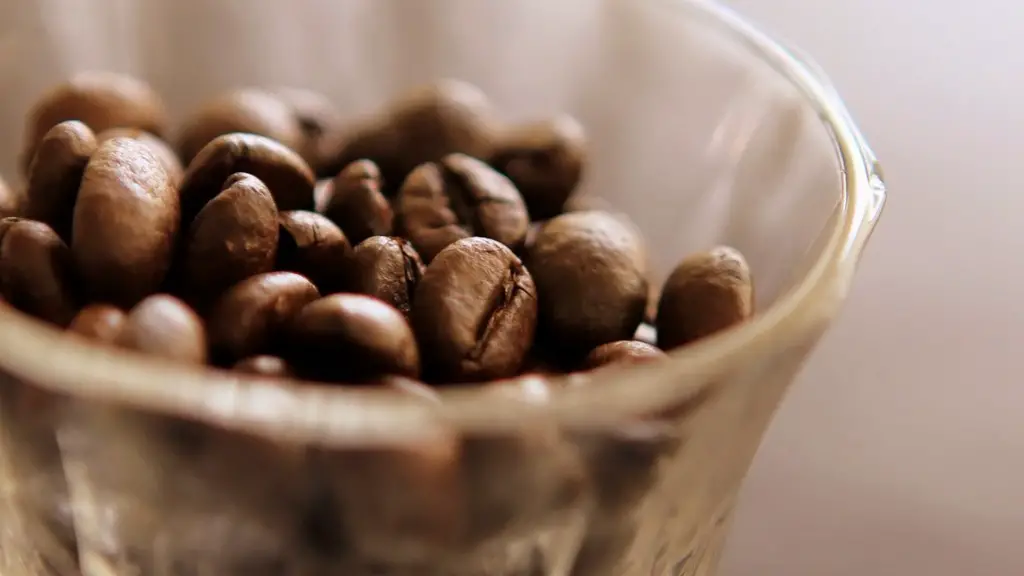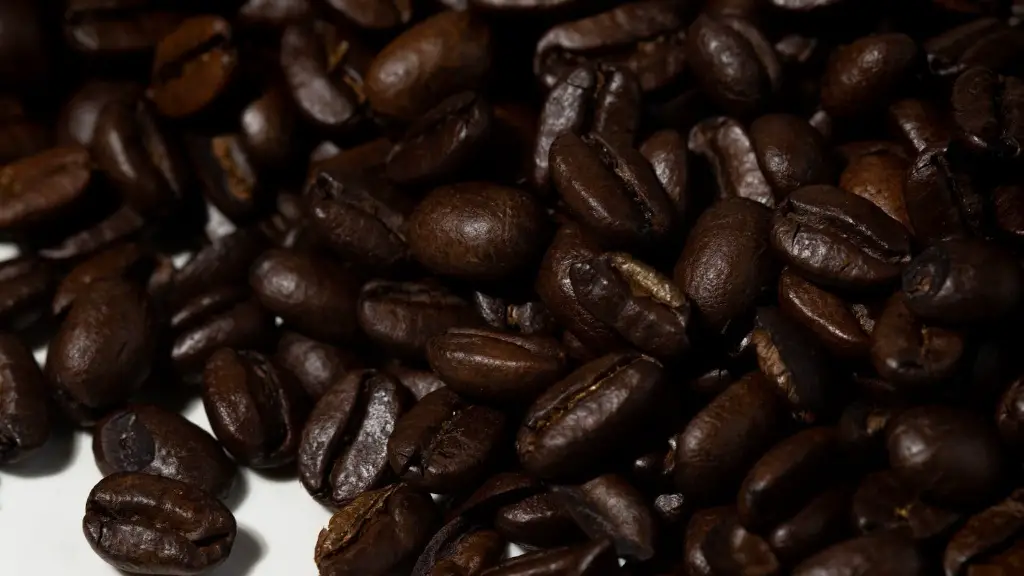Whether you are a regular coffee drinker or just have a cup from time to time, have you ever experienced chest pain after drinking coffee? Many of us assume that chest pains after drinking coffee are harmless, but there may be other reasons for these pains that we don’t know about. There are several potential causes for chest pain after drinking coffee, and understanding why coffee can cause chest pain for some can help people make a plan to reduce their coffee consumption, or to be mindful of the coffee that they are consuming and the potential cause of their chest pain.
One of the most common causes of chest pain after coffee consumption is caffeine sensitivity. If someone has a high level of caffeine sensitivity, they may experience chest pain shortly after drinking coffee. Caffeine is the main stimulant found in coffee, and it can cause your heart to work harder and faster then normal, leading to chest pain.
Another potential cause of chest pain after drinking coffee is acid reflux. Coffee is acidic, and those who already have acid reflux can be triggered by coffee. Acid reflux is a condition where the stomach acid comes up into the esophagus, which can cause chest pain, heartburn, and nausea. Acid reflux is often triggered by coffee, and therefore reducing coffee consumption can improve acid reflux symptoms.
In addition to acid reflux, coffee can also trigger anxiety in individuals. This can cause a rush of increased heart rate and chest pain, which is often referred to as chest tightness. For those who struggle with anxiety, it’s important to understand the trigger foods, beverages, and activities that can bring on the symptoms of anxiety and chest pain.
Lastly, some people may experience chest pain after drinking coffee due to a caffeine overdose. Caffeine is a stimulant and can cause an increase in heart rate and blood pressure, which can lead to chest tightness. If someone consumes too much caffeine in one sitting, this can lead to an overload of stimulation, which can cause chest pain. It’s important to limit the amount of coffee and other caffeinated beverages or foods that you consume each day.
What are the Symptoms?
Common symptoms of chest pain after consuming coffee include heart palpitations, a feeling of tightness in the chest, and a feeling of dizziness. If someone is experiencing any of these symptoms after drinking coffee, it’s important to seek medical help as soon as possible. It’s also important to speak with a doctor about any existing health conditions that could be a potential cause of chest pain.
Seeking Professional Help
If you are concerned about chest pain after consuming coffee, it’s important to speak with a doctor. Your doctor can help you determine the cause of the chest pain and provide you with a plan to reduce the amount of coffee that you are consuming. They can also evaluate any underlying medical conditions that could be contributing to chest pain and provide treatments if needed.
Lifestyle Adjustments to Reduce Chest Pain
If you are experiencing chest pain after consuming coffee, it’s important to make lifestyle adjustments in order to reduce the pain. It’s important to reduce the amount of coffee that you are consuming and to look for other ways to get your caffeine fix, such as tea or decaf coffee. If acid reflux is the cause of your chest pain, it’s important to avoid coffee and other acidic foods and beverages. Additionally, if anxiety is the cause of chest pain, it’s important to practice relaxation techniques and to limit coffee consumption.
Tips to Reduce Chest Pain When Drinking Coffee
If you are concerned about chest pain after drinking coffee, here are a few tips to reduce the severity and frequency of chest pain:
- Limit the amount of coffee that you consume each day.
- Look for other sources of caffeine, such as tea, decaf coffee, or energy drinks.
- Avoid acidic foods and beverages if acid reflux is the cause of your chest pain.
- Practice relaxation and breathe deeply if anxiety is the cause of your chest pain.
- Pay attention to how your body feels after consuming coffee or other caffeinated beverages and foods.
- Seek medical help if chest pain persists.
Conclusion
Chest pain after drinking coffee can be caused by several different factors, from caffeine sensitivity to acid reflux and anxiety. If you are experiencing chest pain after consuming coffee, it’s important to seek medical attention and speak with your doctor about the best treatment plan for you. Additionally, making lifestyle adjustments, such as reducing caffeine intake and avoiding acidic foods and beverages, can help reduce the severity and frequency of chest pain.


